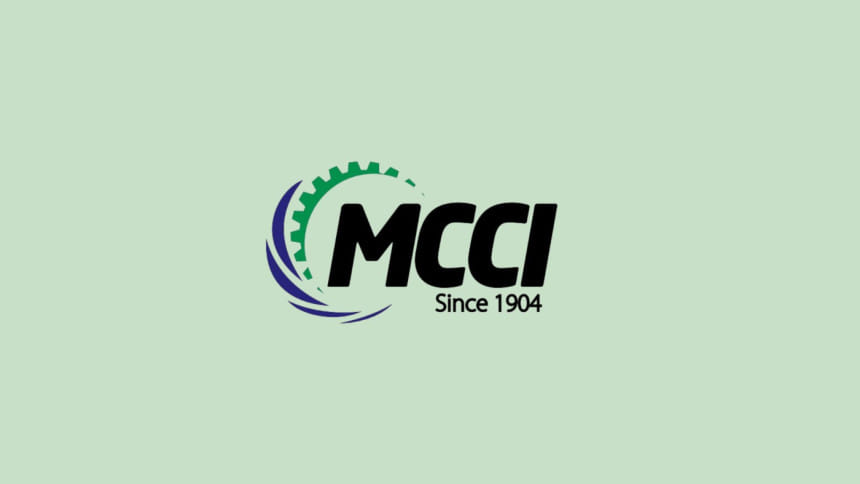Economy might have expanded in October: PMI

All key economic sectors of Bangladesh witnessed expansions in October, although the country continues to grapple with frequent protests, sluggish improvements in law and order and a slowdown in public administration activities, said the MCCI yesterday.
Bangladesh Purchasing Managers' Index (PMI) climbed to 55.7 in October, said the Metropolitan Chamber of Commerce and Industry (MCCI) in its latest PMI report.
This was a 6-point increase from that in the previous month, signalling a shift back to expansion after three consecutive months of contraction, according to an MCCI press release.
Bangladesh Purchasing Managers' Index climbed to 55.7 in October, said the Metropolitan Chamber of Commerce and Industry
The Bangladesh PMI is an economic indicator which helps understand the direction in which the economy is headed and based on data compiled from monthly surveys of over 500 private sector enterprises.
It was developed in 2024 by the MCCI and Policy Exchange Bangladesh, in cooperation with the Singapore Institute of Purchasing & Materials Management and supported by UK International Development.
A reading of above 50 generally indicates expansion and below that contraction.
The October reading suggests a strengthening economic outlook, with all major sectors—agriculture, construction, manufacturing, and services—posting positive trends, said the MCCI.
The manufacturing sector, a vital pillar for Bangladesh's economy, demonstrated accelerated growth across key metrics, including new orders, factory output, and input purchases, despite ongoing contractions in employment, supplier deliveries, and order backlogs, it said.
Agriculture showed its first expansion in business activity and new orders after months of downturn, although employment remained in contraction, it said.
Input costs, a key metric, rose swiftly, reflecting rising expenses across sectors, said the chamber.
Construction returned to growth, albeit marginally, as it recorded slower contraction rates in employment and order backlogs, it said.
The services sector similarly moved to an expansion phase, driven by a rebound in business activity and order backlogs, though employment contraction persisted, it added.
However, the broader economy faces domestic hurdles, including public protests, law enforcement issues, and stagnant public administration, which may affect near-term gains, said the chamber.
All sectors reported slower expansion rates in future business expectations, reflecting cautious optimism amid continued challenges, it said.

 For all latest news, follow The Daily Star's Google News channel.
For all latest news, follow The Daily Star's Google News channel. 



Comments